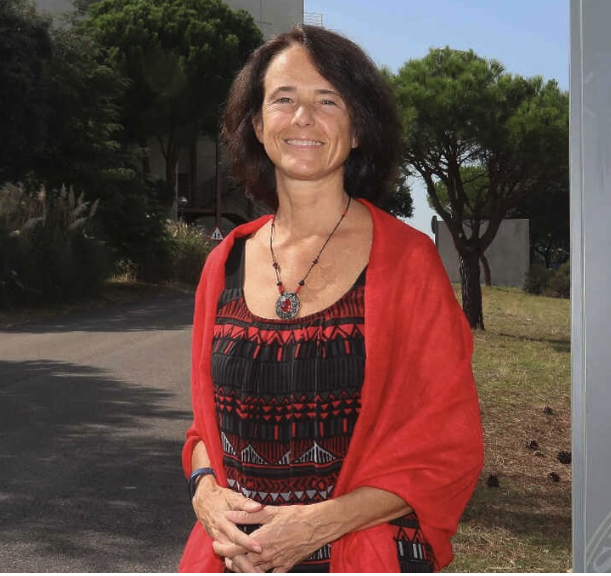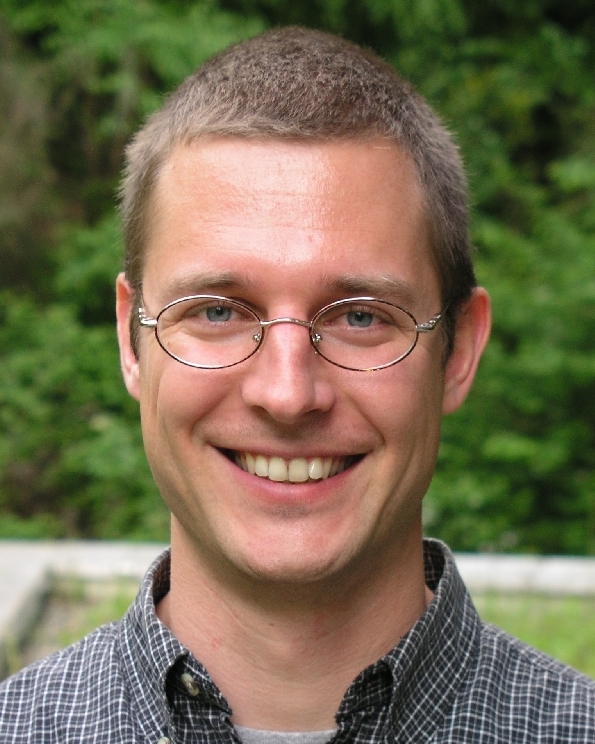Organizers

Concha Bielza
Artificial Intelligence Department
Universidad Politécnica de Madrid
Campus de Montegancedo
Boadilla del Monte 28660 Madrid (Spain)
Concha Bielza received her M.Sc. in Mathematics from the Universidad Complutense de Madrid in 1989 and her PhD in Computer Science from the Universidad Politécnica de Madrid in 1996 (Extraordinary Doctorate Award). She is a Full Professor at the Artificial Intelligence Department, Universidad Politécnica de Madrid since 2010. Her research interests are primarily in the areas of probabilistic graphical models, decision analysis, metaheuristics for optimization, machine learning, anomaly detection, and real applications, such as biomedicine, bioinformatics, neuroscience and industry. She has published more than 150 papers in impact factor journals and has supervised 22 PhD theses. She is an ELLIS Fellow since 2023. She was awarded the 2014 UPM Research Prize and the 2020 Machine Learning Award from Amity University (India). Her contributions to EDas include: semiparametric EDAs, multi-objective EDAs, regularised EDAs, permutation-based EDAs, Bayesian network-based EDAs, Markov network-based EDAs, quantum-inspired EDAs, interpretation of EDAs, and applications like: Bayesian network structure learning, EDAs in machine learning, algorithm parameter tuning, quantum parametric circuit optimization, optimal neuronal wiring, affinity propagation. She has been involved in diverse activities in Conferences: Program Chair (CAEPIA-2013), Workshop Chair (XAI-Healthcare 2023), Co-Chair of the journal track (ECML-PKDD-2015 and 2025), organiser of sessions (IABMAS-2024, EURO XV, XXIV, XXV), panels (IEEE-DSAA-2021), PC Member of 91 conferences and session chair in 20 conferences.

Benjamin Doerr
Laboratoire d’Informatique (LIX) de l’ École Polytechnique
1 rue Honoré d’Estienne d’Orves
91120 Palaiseau
France
Benjamin Doerr is a “professeur de classe exceptionnelle” at the French Ecole Polytechnique. He received his diploma (1998), PhD (2000) and habilitation (2005) in mathematics from Kiel University. His research area is the theory of both problem-specific algorithms and randomised search heuristics like evolutionary algorithms. Major contributions to the latter include runtime analyses for existing evolutionary algorithms, the determination of optimal parameter values, and complexity theoretic results. Benjamin’s recent focus is the theory-guided design of novel operators, on-the-fly parameter choices, and whole new evolutionary algorithms, all hoping that theory not only explains, but also develops evolutionary computation.
Together with Frank Neumann and Ingo Wegener, Benjamin Doerr founded the theory track at GECCO and served as its co-chair 2007–2009, 2014, and 2023–2024. He is an editor of “Artificial Intelligence”, “Evolutionary Computation”, “IEEE Transactions on Evolutionary Computation”, “Natural Computing”, “Theoretical Computer Science” (natural computing series), and three journals on classic algorithms theory.

John McCall
National Subsea Centre
Robert Gordon University
3 International Avenue
Dyce
Aberdeen AB21 0BH
Scotland
John McCall is Director of the National Subsea Centre of Research Excellence at Robert Gordon University where he is a Professor of Computing Science. He received a BSC (Hons I) in Mathematics (1986) and a PhD in Algebraic Topology (1990) from the University of Aberdeen.
His research interests are in machine learning, search and optimisation, making novel contributions to a range of nature-inspired optimisation algorithms including EDA, PSO, ACO and GA and predictive machine learning methods and deep learning. Particular contributions to EDA include Markov network and permutation-based algorithms. Recently he has become interested in the explainability of evolutionary algorithms through trajectory analysis. He has 170+ peer-reviewed publications in books, international journals and conferences. He specialises in industrially-applied optimization and decision support (Industry 4.0), working with major international companies including BT, BP, EDF, CNOOC and Equinor as well as a diverse range of SMEs. Major application areas for this research are: vehicle logistics, fleet planning and transport systems modelling; predictive modelling and maintenance in energy systems; and decision support in industrial operations management. John is a founding director of Celerum, which specialises in freight logistics and of PlanSea Solutions, which focuses on marine logistics planning.
John has served as a member of the IEEE Evolutionary Computing Technical Committee, an Associate Editor of IEEE Computational Intelligence Magazine and the IEEE Systems, Man and Cybernetics Journal, and is currently an Editorial Board member for the journal Complex And Intelligent Systems. He frequently organises workshops and special sessions at leading international conferences, including many related to EDAs. He co-chaired the GECCO EDA track 2013 and 2014, the GECCO Model Building EA workshop 2016-17 and the GECCO ECPERM workshop 2019-21. Currently he is co-editing a Special Issue on Explainability for the Transactions in Evolutionary Learning and Optimisation (TELO) journal.

Weijie Zheng
School of Computer Science and Technology
International Research Institute for Artificial Intelligence
Harbin Institute of Technology, Shenzhen, China, 518055
Weijie Zheng is an associate professor at Harbin Institute of Technology, Shenzhen, China. He received his bachelor degree (2013) in Mathematics and Applied Mathematics from Harbin Institute of Technology, Harbin, Heilongjiang, China, and doctoral degree (2018) in Computer Science and Technology from Tsinghua University, Beijing, China. From 2019 to 2021, he was a postdoc researcher at Southern University of Science and Technology and University of Science and Technology of China. From 2021 to 2022, he was a research assistant professor at Southern University of Science and Technology. Since 2022, he has been employed by Harbin Institute of Technology, Shenzhen, and currently he is an associate professor.
His current research majorly focuses on the theoretical analysis and design of evolutionary algorithms, such as NSGA-II, binary differential evolution, and estimation-of-distribution algorithms. He has obtained a best paper nomination at GECCO 2018, co-organized the theory of randomized search heuristics (ThRaSH) seminars Winter 2021 and Spring 2022, and served as PC members of GECCO, AAAI, and IJCAI.